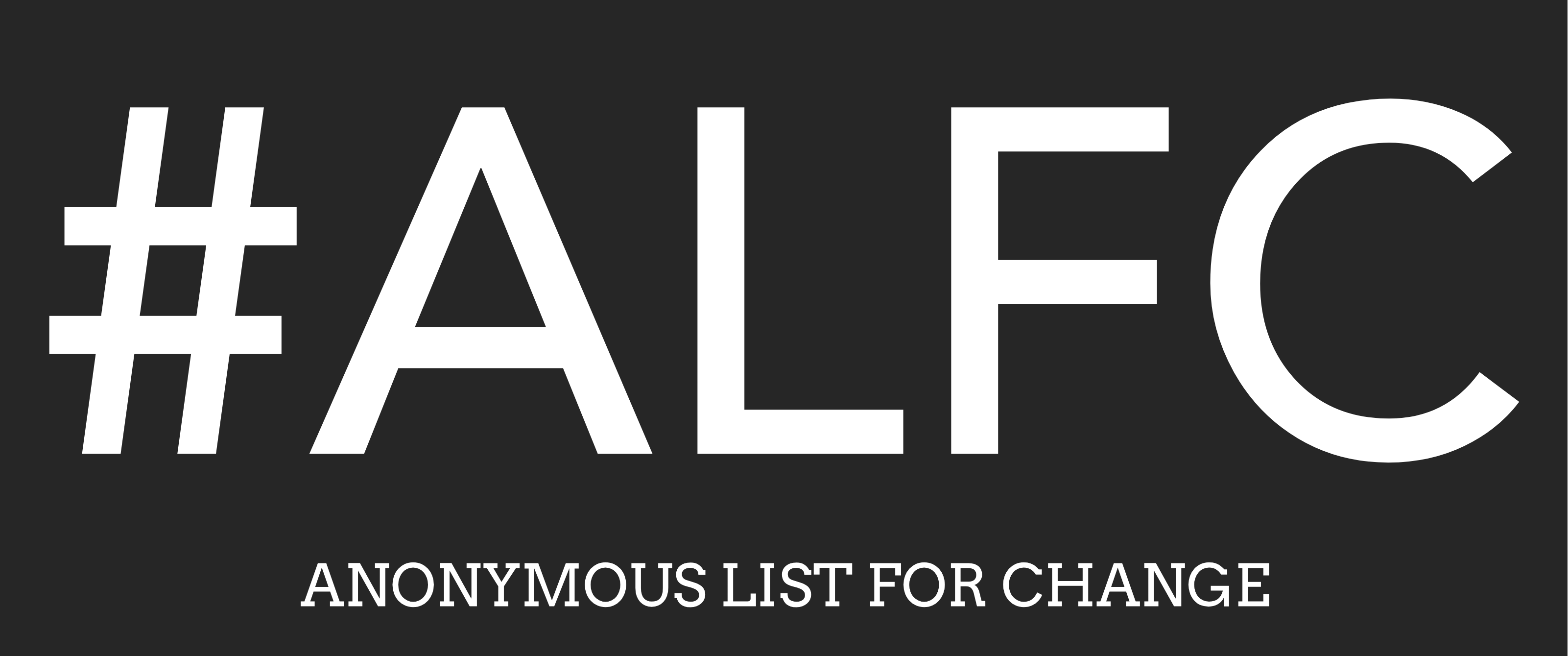Why Traditional Grading Doesn’t Work During a Pandemic
You’ve heard the news: COVID-19 requires social distancing. This means that in person school is out and online instruction is in.
Earlier this week, Governor Ralph Northam of Virginia issued a “Stay Home Order” that requires social distancing. The order effectively ends in-person school instruction and encourages remote learning. But advocates are concerned that online access and grading will harm students. Not every student has the technological savviness to be successful in remote instruction. Further, some students are dealing with unfathomable challenges in the midst of this public health crisis. Will their grades suffer because of this?
We’ve actually received some of these questions from parents across Northern Virginia. These issues are causing stress for households, especially households with essential workers. If parents are deemed essential, how can they help their child with education requirements? In one email, Parent “A” tells us that she is a nurse and also a single parent. She works in a local ER. Her days and nights have been incredibly stressful and all she can think about is being grateful to come home and to have not contracted COVID-19. Should she be required to come home after an exhausting day in the ER and assist her child with a full day’s work? Will there be consequences for not doing so, like her child potentially failing the class? Or even worse, will her child be prevented from continuing on to the next grade because he/she failed the class as a result of lack of assistance?
We are dealing with extremely hard education policy questions. Equity is at the forefront of these questions. Some two parent households with high income may be able to absorb the challenges Parent A faces. This is because they may have ample digital devices, the ability to stay home with their child, and overall a better work life balance. But Parent A should not be expected to perform the same as a high earning two parent household. It’s an inequitable initiative. And, it’s just bad education policy.
Obviously, we’d like every child to have a computer and to be knowledgeable on how to access online instruction. But the truth is, that’s just not the case, and the online model needs to be adjusted to the times we are currently living in. And speaking of online instruction, some students do not have digital devices. Prince William County Schools recognized this challenge and requested millions from the Board of County Supervisors to address it. Prince William’s approach is an innovative step in the right direction. We need to be advocating for equal access to education, and this includes helping the most vulnerable populations succeed. But we also need to assure that every student has the wherewithal to be successful using an online learning model. Students should be provided training for the online instruction, as well as a grace period for understanding how the online tools work. Submission deadlines for homework should take into consideration the fact that some students have no assistance from their caregivers because they are out on the frontlines fighting COVID-19.
And lastly, the challenge with grading. Grades (are supposed to) tell us a story of how knowledgeable and “successful” a student is. But we know that aggravating factors play into this assumption. During a pandemic, these aggravating factors are exacerbated. Whether it is the lack of help with homework and/or food/nutrition insecurity, students with aggravating factors to success will most certainly be at a disadvantage when assessing their strength in the form of a letter grade. One way to prevent this from happening is for schools to reconsider traditional grades for the last quarter of the school year. Already, universities are doing this for their undergraduate and graduate students. Instead of an actual grade, the students have the option to receive “credit/no credit,” where they would have the ability to continue on to the next grade and their GPA remains the same. This option would give the student a chance to continue on to the next phase of learning. Teachers can provide this option when the student is at least passing the course (which translates into a C or above). The student’s GPA would not be impacted, which is helpful during a very stressful crisis.
We have not dealt with a public health emergency of this magnitude since 1918. Since that time, technological advances have paved the way for innovative approaches to education. If we are going to help the most vulnerable populations succeed during this crisis, public and private schools across Virginia need to consider these equity challenges and respond accordingly. Every student matters.
The Board, Anonymous List for Change, Inc



